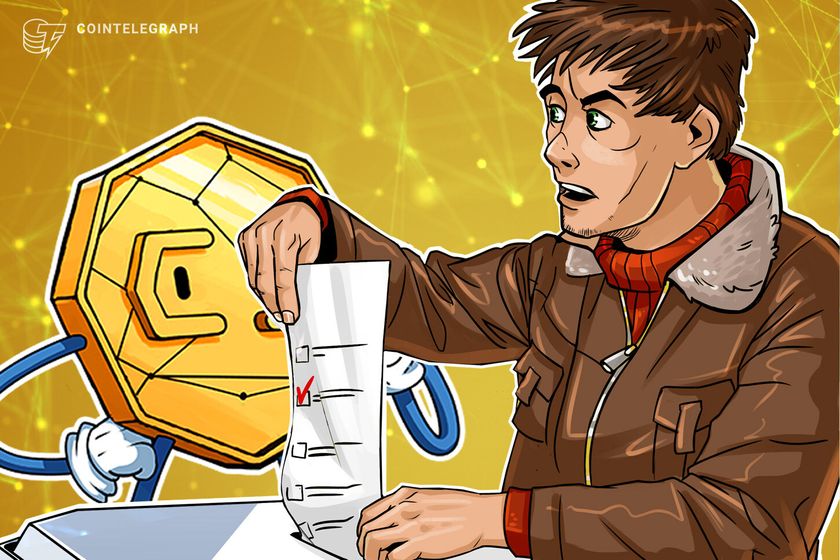
Consensys CEO Joseph Lubin told Cointelegraph that crypto might be the “hardest thing” in software history in terms of potential threats, vulnerabilities and complexity.
As security failures in the digital asset space could result in significant financial losses, Consensys CEO and Ethereum co-founder Joseph Lubin described crypto as “the hardest thing” in software history when it comes to threats, vulnerabilities and complexity.
In an interview with Cointelegraph’s managing editor, Gareth Jenkinson, Lubin underscored the importance of security in the crypto space and compared its current state to the early banking days. Furthermore, the Ethereum co-founder also gave advice on how crypto users can secure their digital assets.
Lubin believes that as the crypto space progresses, industry workers must “do their best and build better implementations of the technology.” The executive compared crypto to the state of banking over a hundred years ago. Lubin said:

